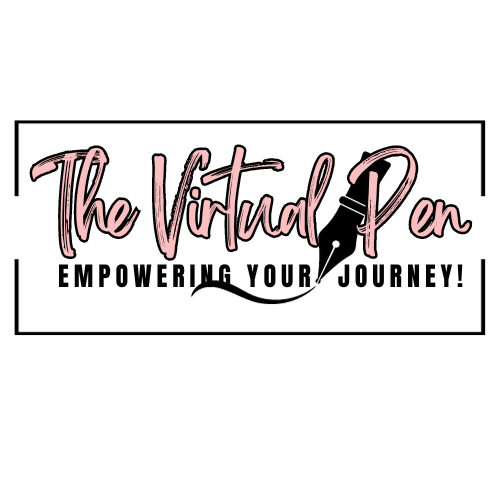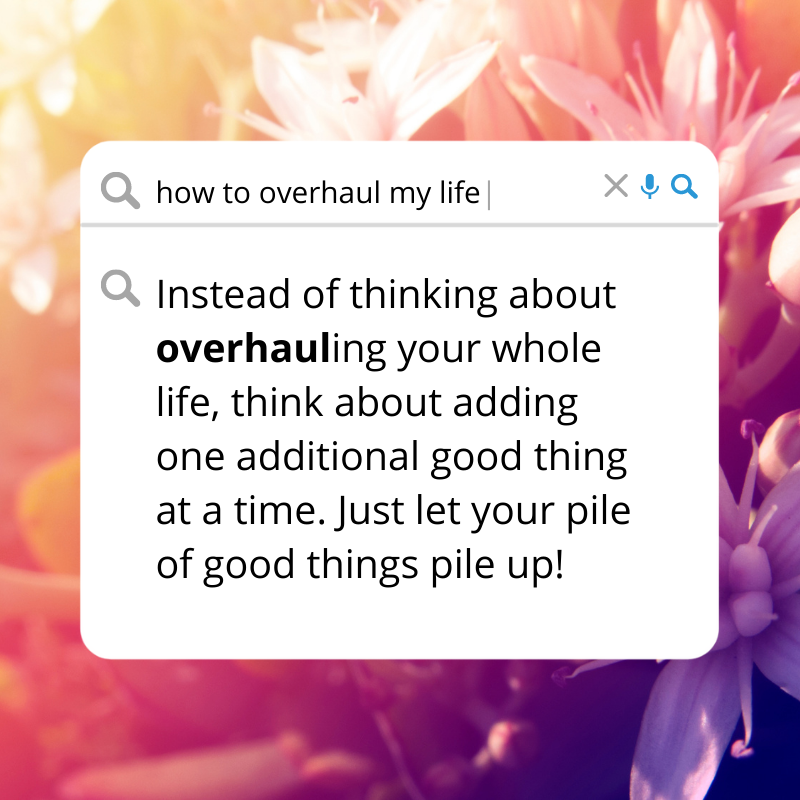Self-awareness is arguably one of the most important life skills to develop. It's the ability to identify and recognize our own strengths and weaknesses, our likes and dislikes, and our values and beliefs. Learning to recognize yourself can be incredibly empowering; to celebrate the good and accept the bad. However, it is often easier said than done. It can be challenging to navigate our thoughts and feelings, to know what is it that we truly believe in and strive for. It takes time, effort, and bravery to embark on a journey of self-reflection and discovery. It is a rewarding and worthwhile endeavor, however, as it can lead to a deeper understanding of who we are and what we stand for. With the right tools and support, we can learn to recognize ourselves and celebrate the good and accept the bad.
What is self-awareness?
Self-awareness is the ability to understand and recognize your own thoughts, feelings, and behaviors, and the effect they have on your life. It is the first and crucial step toward self-improvement and setting better, more fulfilling goals. It is the basis for many other important skills, such as emotional intelligence and empathy. It is a skill that everyone can learn and improve upon over time. Self-awareness is often seen as the ability to observe and understand your emotions and thoughts as they happen. It is the ability to step outside yourself and look at your own thoughts as if they were somebody else's. It is the continual process of being aware of and managing your own thoughts and feelings, and how they are influencing your behavior.
Benefits of self-awareness
- Self-confidence and self-esteem - By recognizing and accepting your strengths and weaknesses, you can work to improve upon the former while not letting the latter get in your way. This can lead to a boost in your self-confidence, which can positively impact all aspects of your life.
- Better relationships - By understanding your emotions, behavior, and the effect they have on others, you can improve your relationships. You can become more empathetic and have a better understanding of others' feelings and behavior.
- Better decision-making - Being more self-aware can also help you make better decisions in your life. You will be able to better evaluate what is best for you, what you truly want and need.
- Personal development - Finally, self-awareness is the first step toward personal development. Through self-reflection, you can uncover your passions and values, and create a better, more fulfilling future for yourself.
Challenges of learning to recognize yourself
- You don't know what you don't know - The first and most common challenge of learning to recognize yourself is that you don't know what you don't know. You aren't always aware of your thoughts, feelings, and how they influence your behavior.
- Negative thoughts and feelings - Another challenge is dealing with negative thoughts and feelings as you embark on your journey of self-reflection and discovery. You may find it difficult to recognize and acknowledge these parts of yourself.
- Judging yourself - You may find yourself judging yourself as you learn to recognize yourself. You might criticize your thoughts and feelings, and judge them as being bad and unacceptable.
- Lack of time - Finally, you may not have the time or energy to embark on this journey of self-reflection and discovery. You may feel too busy or overwhelmed; you may find it challenging to find time for this important, but often neglected skill.
Navigating thoughts and feelings
One of the first steps toward learning to recognize yourself is to understand your thoughts and feelings. You need to understand what they are and how they affect you. Learning to have a better relationship with your thoughts and feelings can help you do this. This relationship doesn't have to be perfect or ideal; it just needs to be better.
There are a few practices that can help you navigate your thoughts and feelings. - Mindfulness - Being mindful is a great way to get to know your thoughts and feelings better. It is simply being aware of your current thoughts and feelings, and how they are impacting you.
- Journaling - Journaling is another effective way to get to know your thoughts and feelings better. This can be done through free-writing or guided journaling.
- Meditation - Meditation allows you to be fully present in the moment. It helps you let go of distractions and focus on your thoughts and feelings.
- Writing letters - Another helpful practice is writing letters to your different thoughts and feelings. You can write to your anxiety, sadness, and fear, for example.
- Talking to loved ones - Another way to navigate your thoughts and feelings is to talk to loved ones about them. You can talk to your friends and family about your feelings and thoughts, and get their perspectives on them.
Embarking on a journey of self-reflection and discovery
When you are ready to embark on a journey of self-reflection and discovery, there are a few key practices to keep in mind. These practices will help you be more mindful throughout the process, and help you navigate your thoughts and feelings as you encounter them.
- Start with what you know - When embarking on this journey, start with what you already know. For example, if you know that you are compassionate, curious, and a hard worker, then use these as a starting point.
- Let go of expectations - The next important thing is to let go of expectations. You don't know what you don't know, so don't have any expectations. Whatever you find will be what you find.
- Let go of judgements - Finally, let go of judgments. Whatever you find, you don't need to judge it. Let it be.
Understanding yourself and your values
Once you are ready to embark on your journey of self-reflection and discovery, the next important step is to understand yourself. This can be done through a variety of practices, such as journaling, mindfulness, and meditation. Once you have a better understanding of yourself, you can start to discover your values. Values are what we think is important in life. They can include social justice, pleasing others, or even selfishness. What are the things that are important to you? What are your aspirations? Your hobbies? Your relationships? Your career? Your health? Your fitness? Your diet? Your finances? Your education? The list can go on and on. When you know what is important to you, you can set better goals and have a better vision for your future.
Celebrating the good and accepting the bad
As you embark on your journey of self-reflection and discovery, you will learn not only about your strengths but also your weaknesses. You will learn more about how your thoughts and feelings influence your behavior. You will likely discover some parts of yourself that you like, as well as others that you don't. The key is not to ignore or suppress these parts of yourself, but to celebrate the good and accept the bad. You can learn to recognize yourself and celebrate the good and accept the bad. You can learn to be self-aware, and set better, more fulfilling goals for yourself. Self-awareness is the first and crucial step toward self-improvement and setting better, more fulfilling goals for your future. It is a skill that everyone can learn and improve upon over time. With the right tools and support, you can embark on a journey of self-reflection and discovery and learn to recognize yourself.



Comments ()